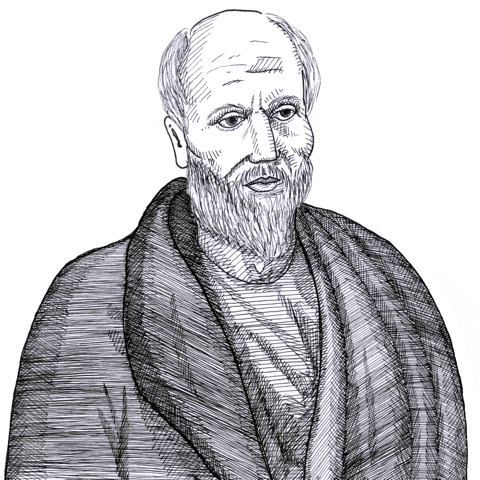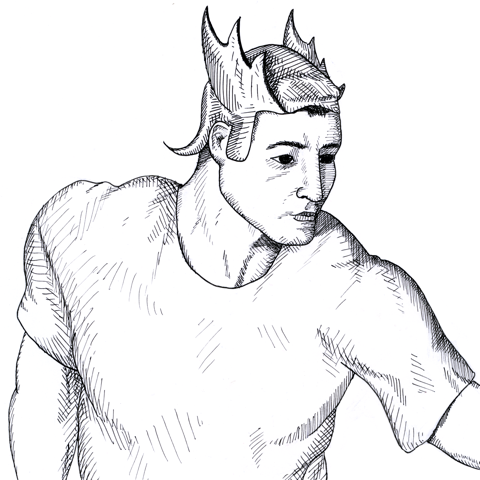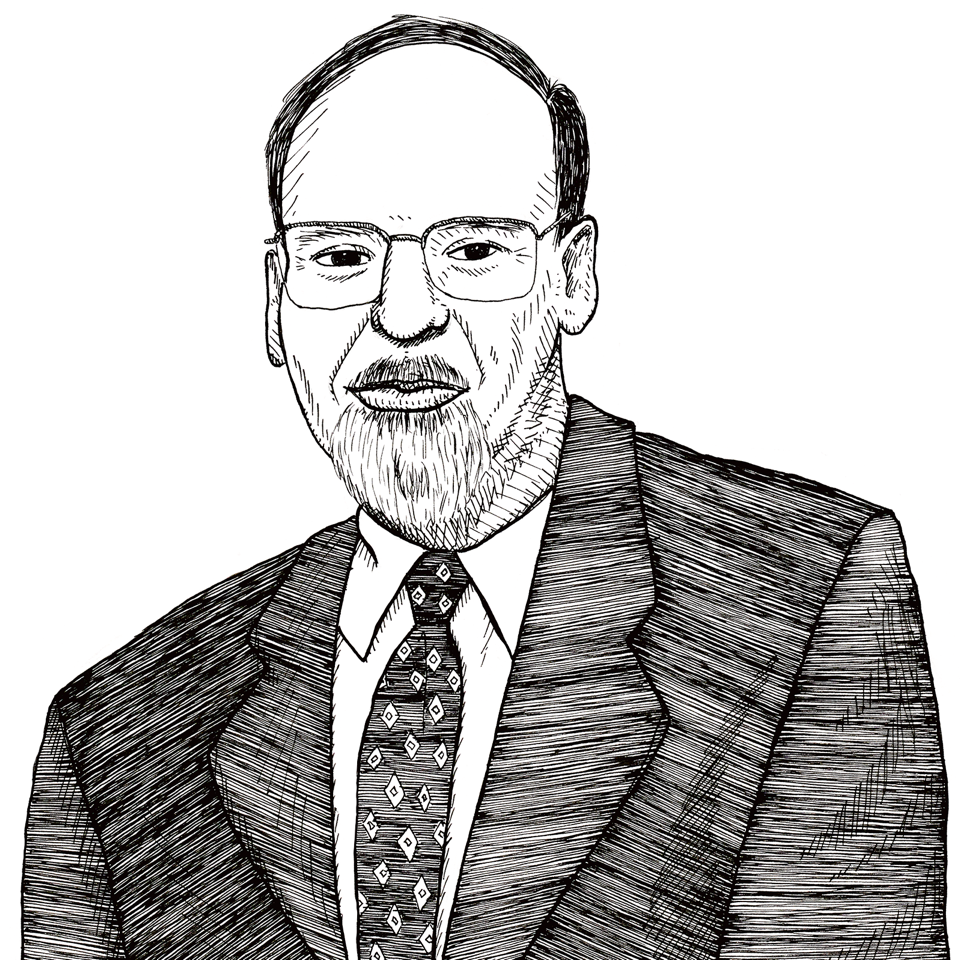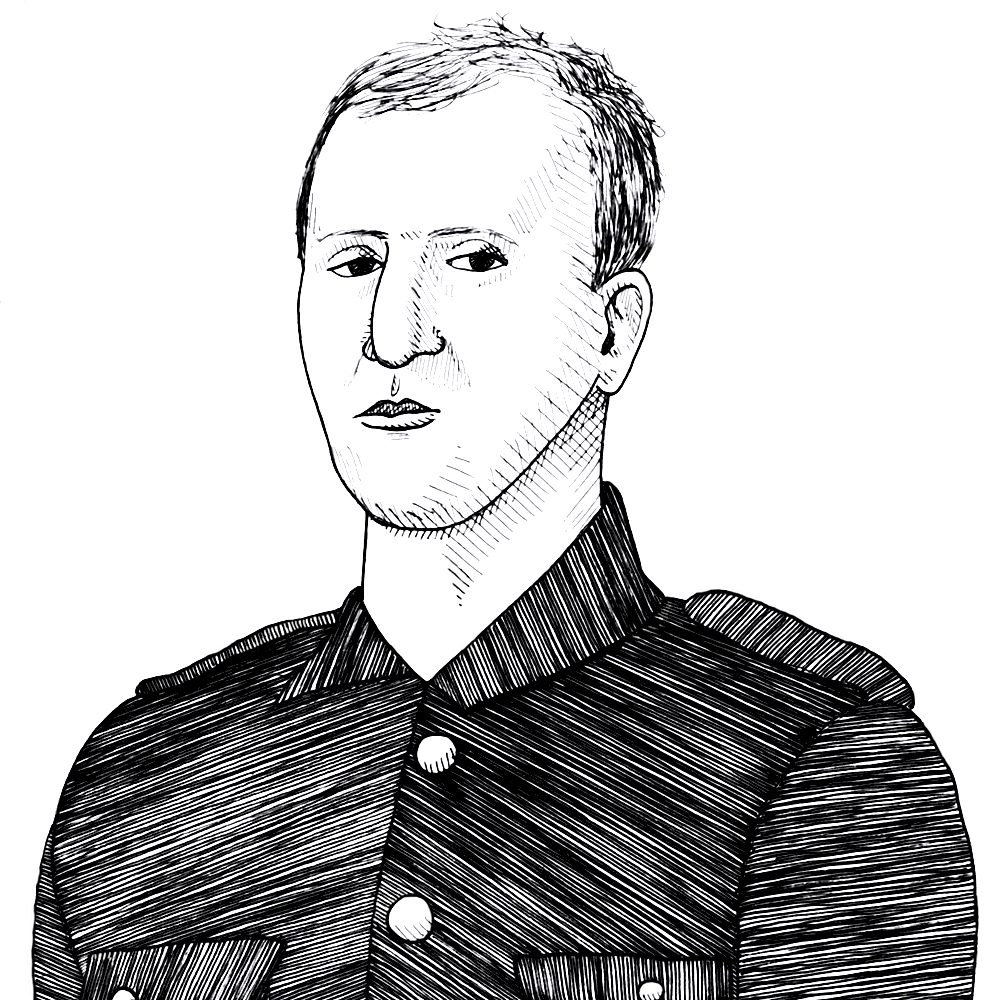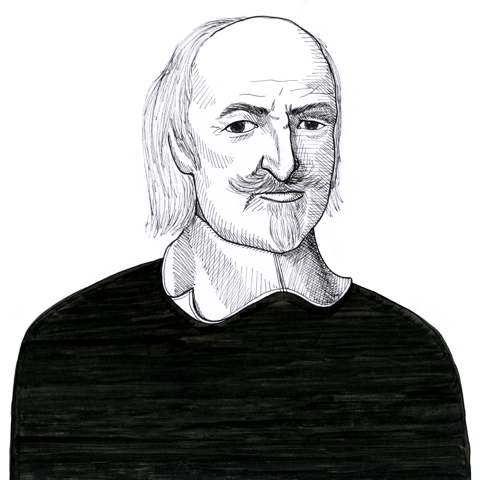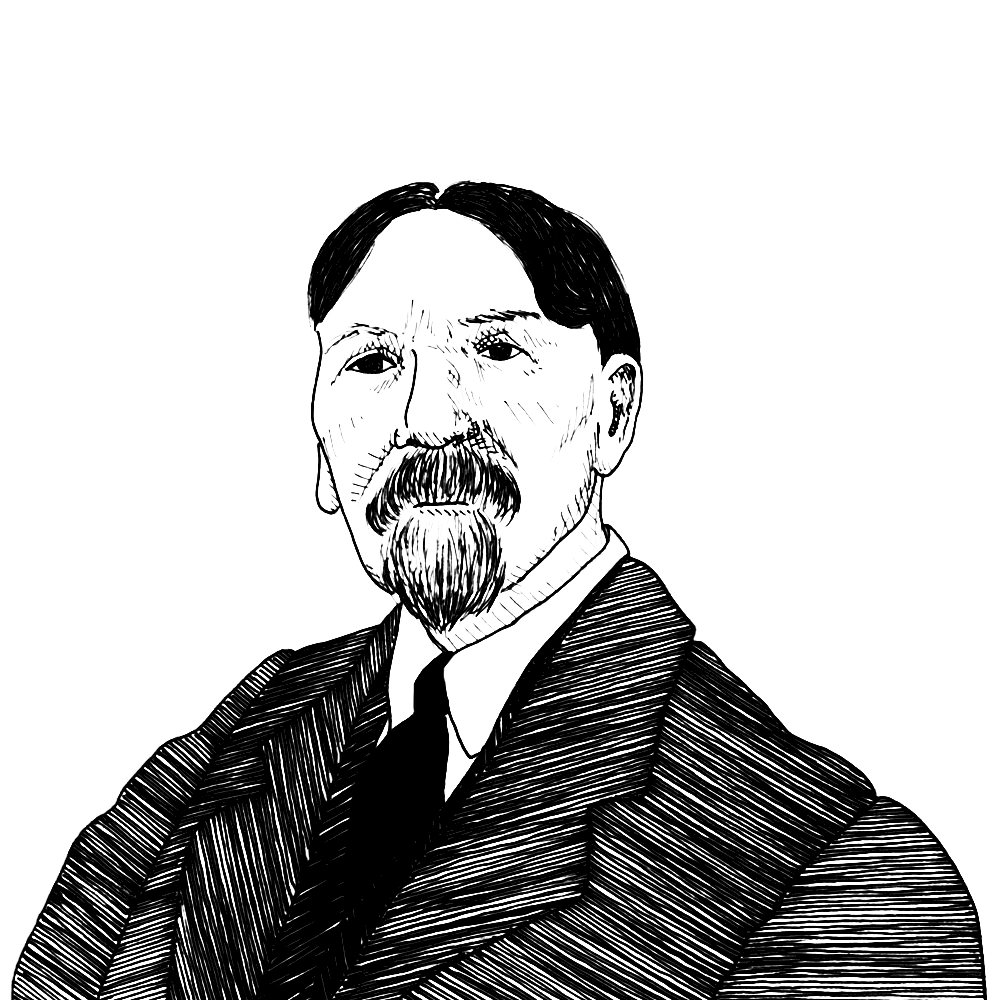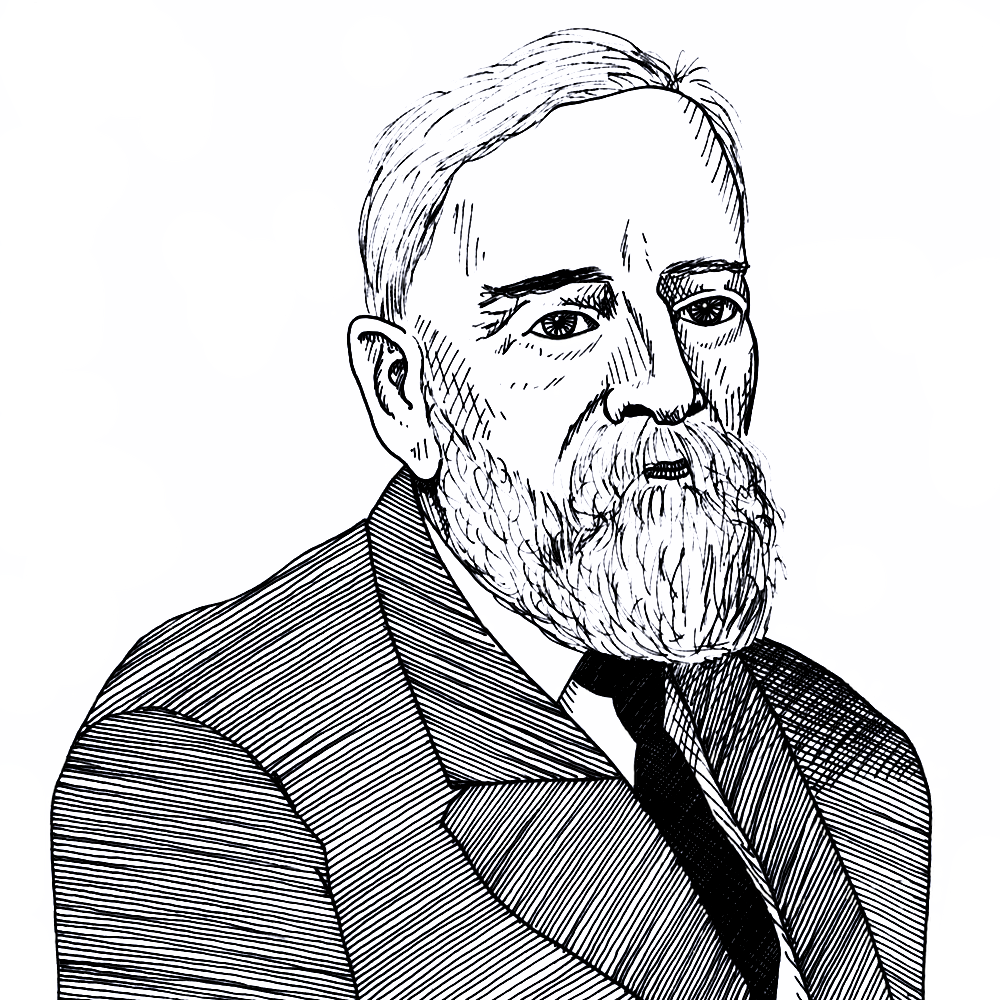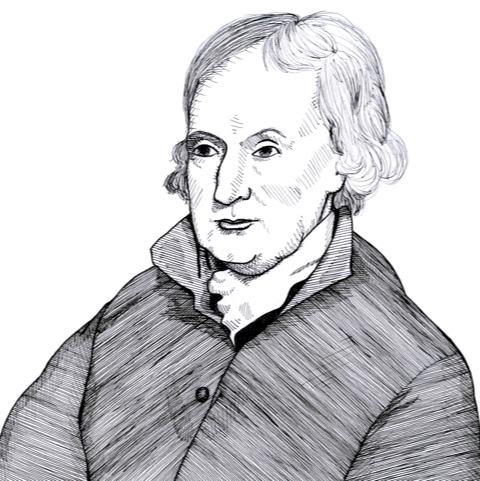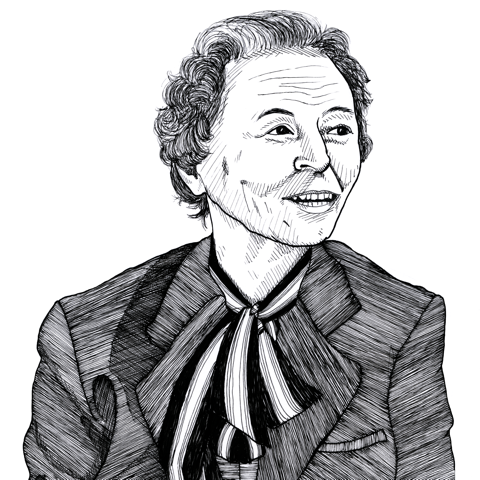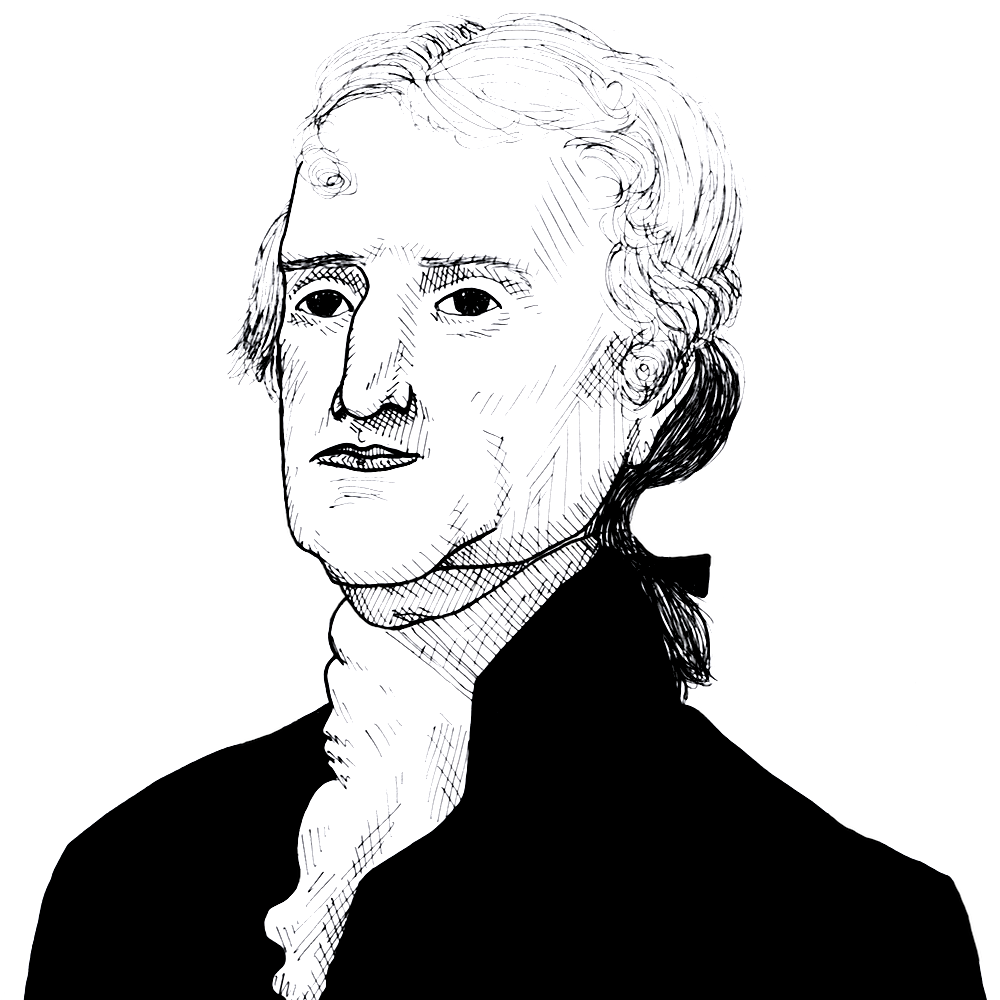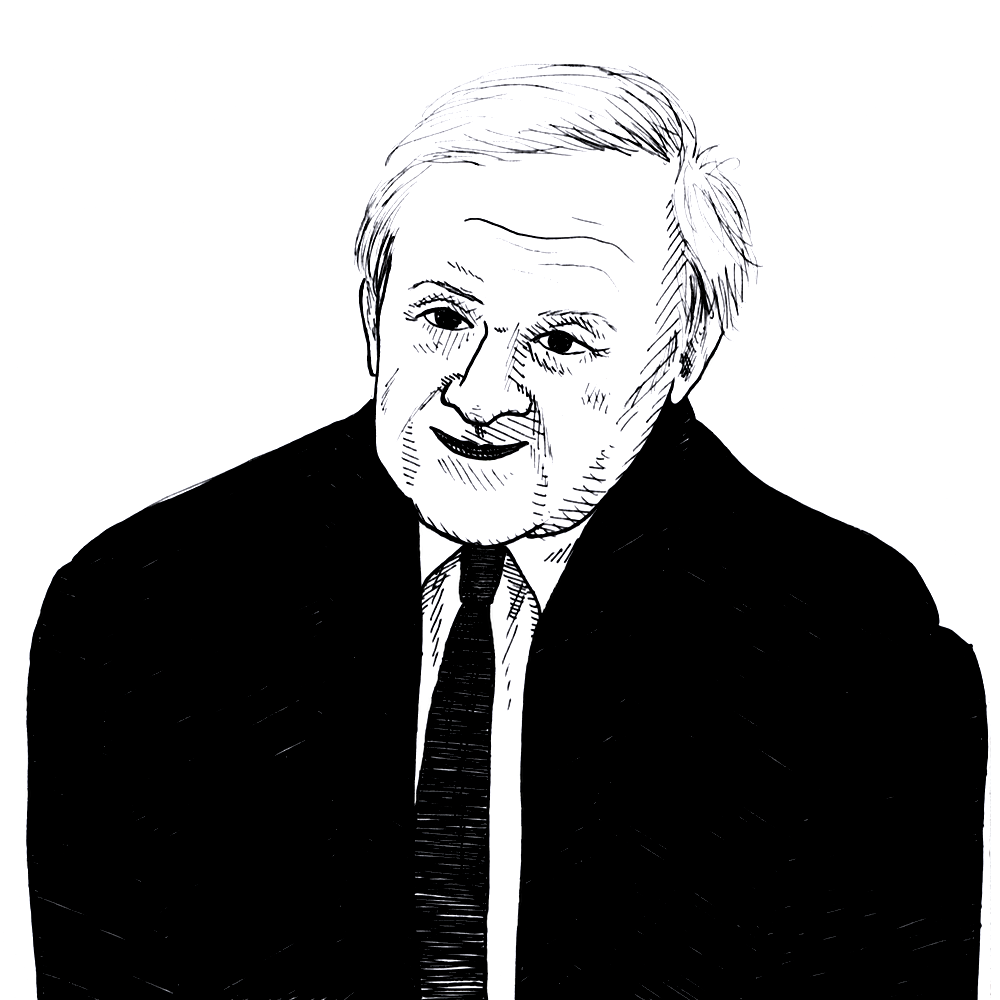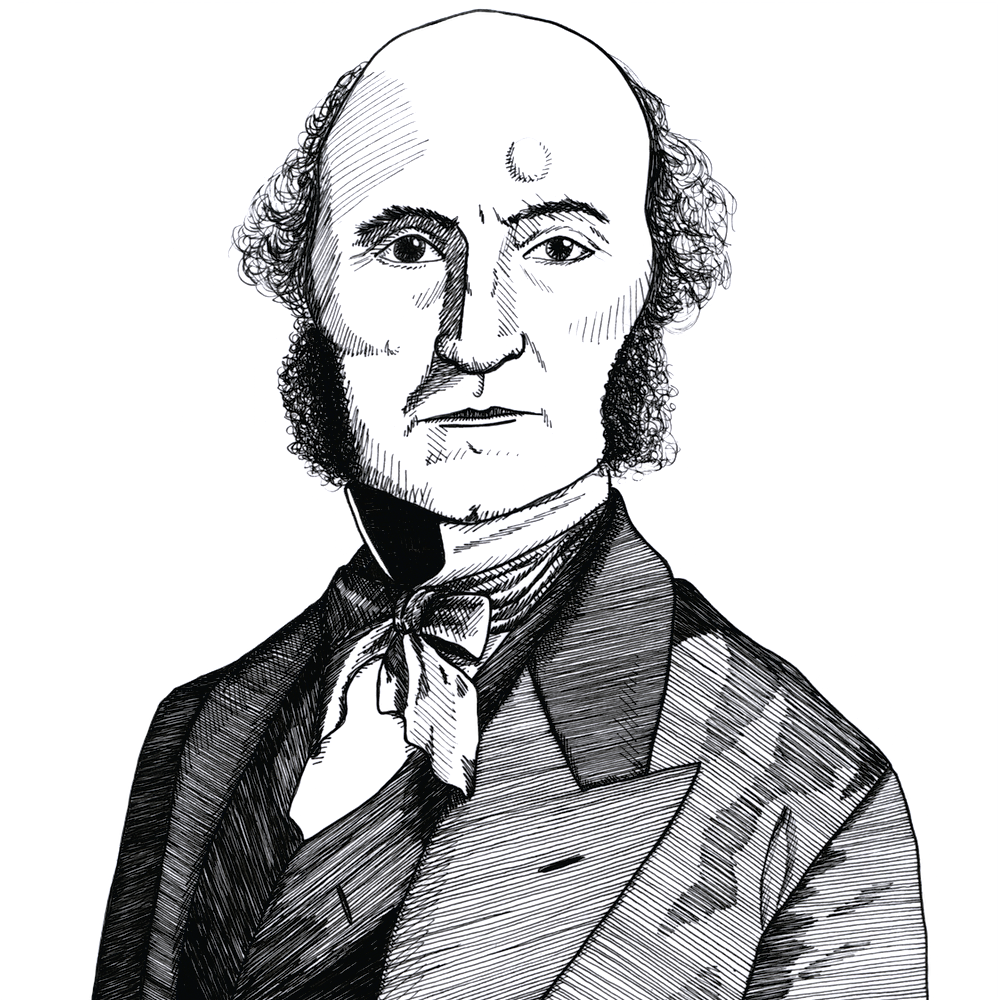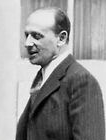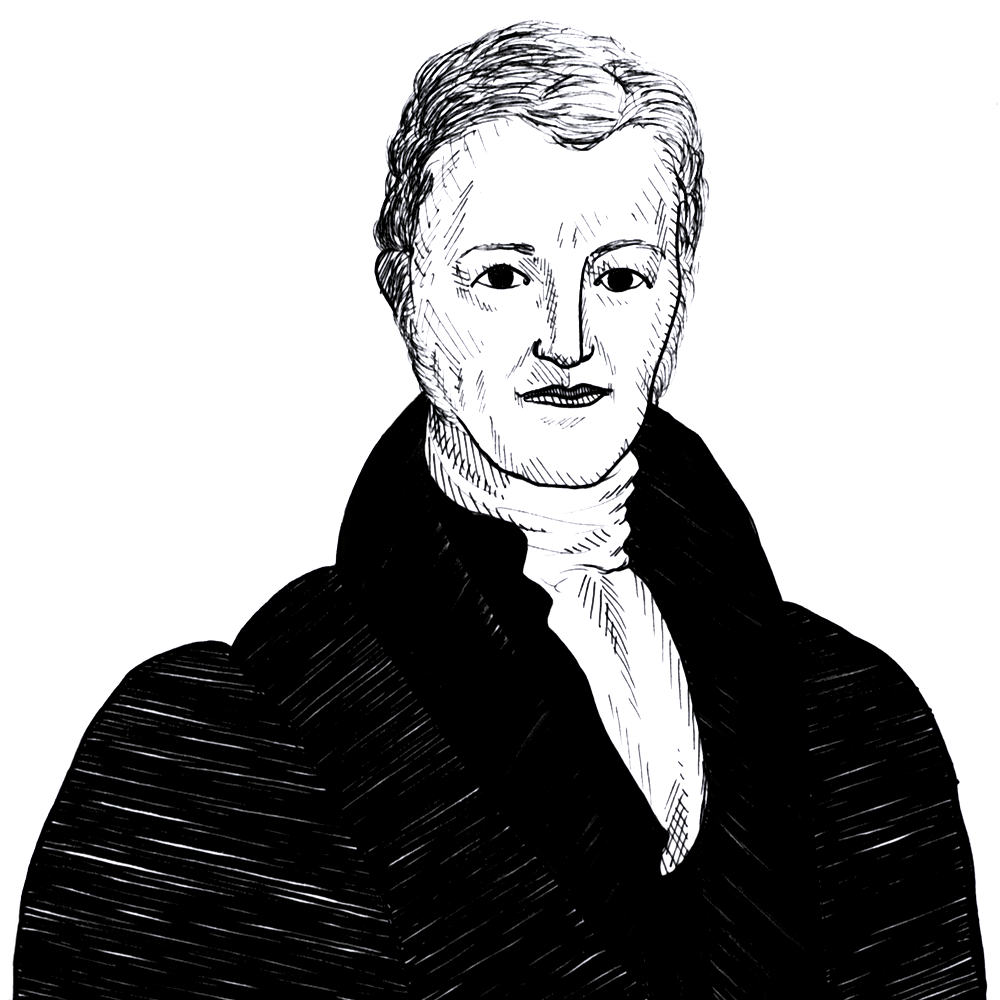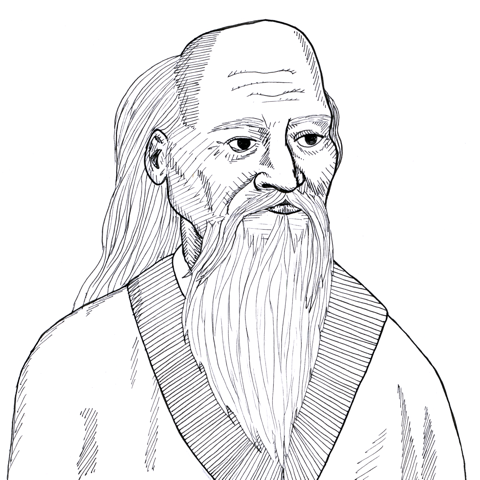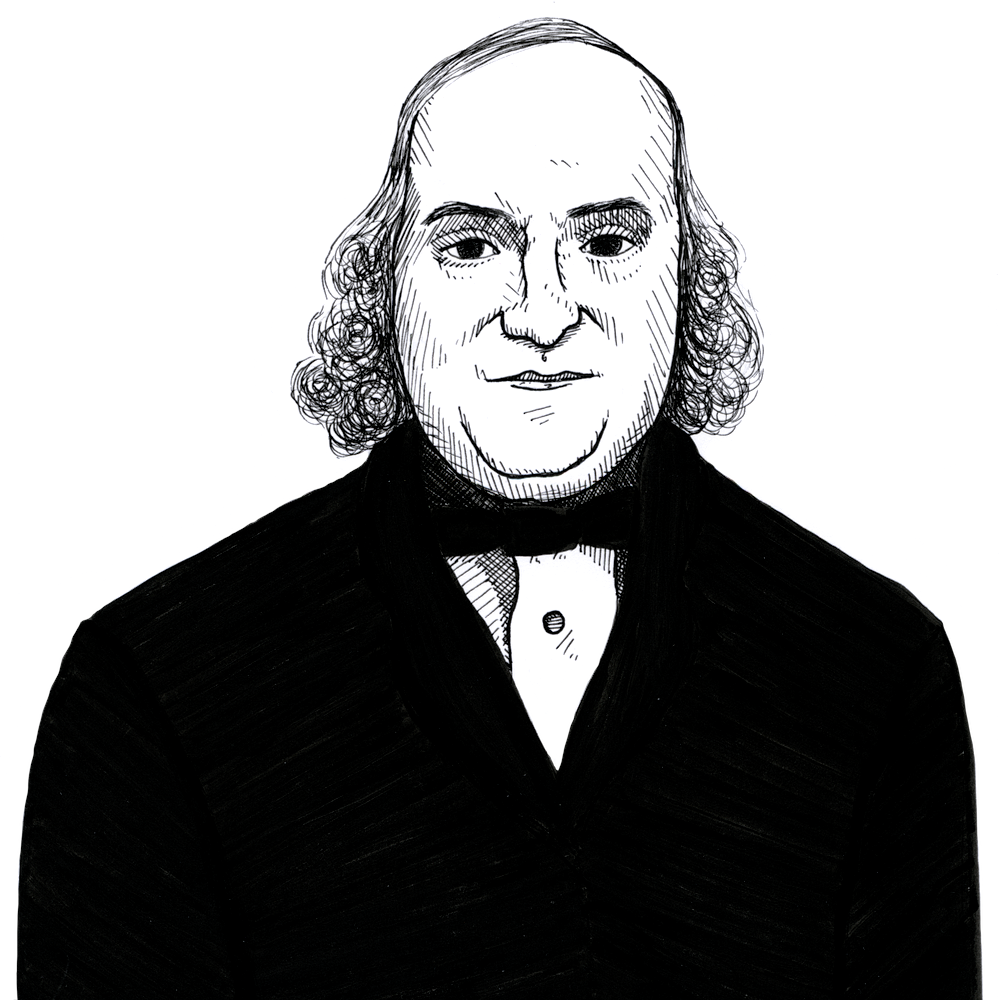
Adam Smith
1723 – 1790
Adam Smith (1723-1790) is commonly regarded as the first modern economist with the publication in 1776 of The Wealth of Nations. He wrote in a wide range of disciplines: moral philosophy, jurisprudence, rhetoric and literature, and the history of science. He was one of the leading figures in the Scottish Enlightenment.
Show more
Smith also studied the social forces giving rise to competition, trade, and markets. While professor of logic, and later professor of moral philosophy at Glasgow University, he also had the opportunity to travel to France, where he met François Quesnay and the physiocrats; he had friends in business and the government, and drew broadly on his observations of life as well as careful statistical work summarizing his findings in tabular form. He is viewed as the founder of modern economic thought, and his work inspires economists to this day. The economic phrase for which he is most famous, the “invisible hand” of economic incentives, was only one of his many contributions to the modern-day teaching of economics.
See also our collection of extracts, essays, and other resources on Smith.
See also our sister site, AdamSmithWorks.
See the Liberty Matters online discussions on Smith, Hume, and Burke as Policy Liberals and Polity Conservatives and What Adam Smith Means to Me
For additional information about Adam Smith see the following:
- Essays on Adam Smith
- Timeline on the Life and Work of Adam Smith
- in the Library: the classic Life of Adam Smith by John Rae
- at our sister website Econlib: the Concise Encyclopedia of Economics entry on Adam Smith
- in the Goodrich Seminar Room: Adam Smith
Watch the OLL Video Adam Smith and the Wealth of Nations
